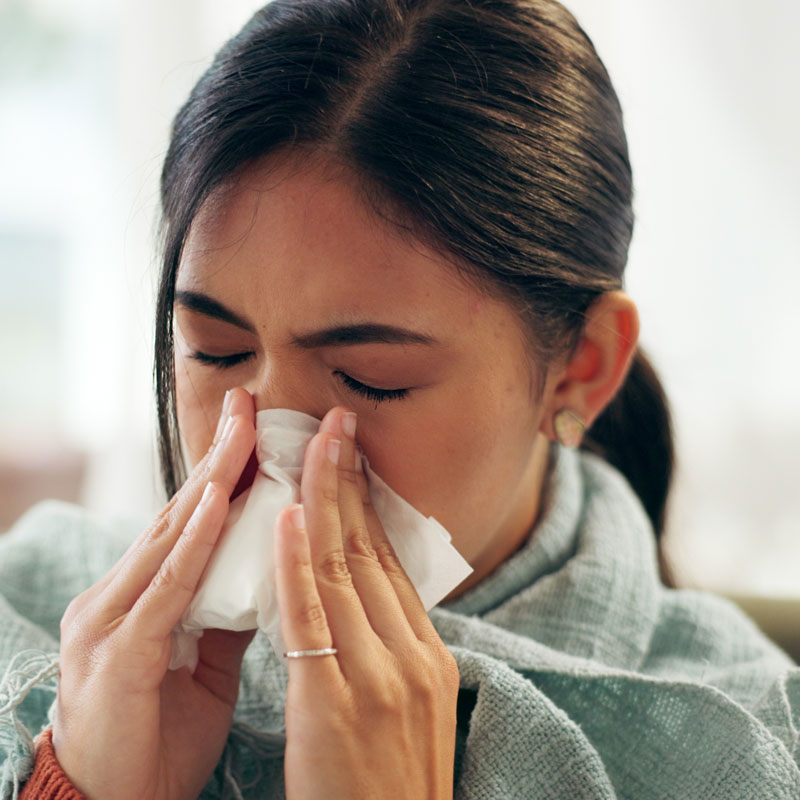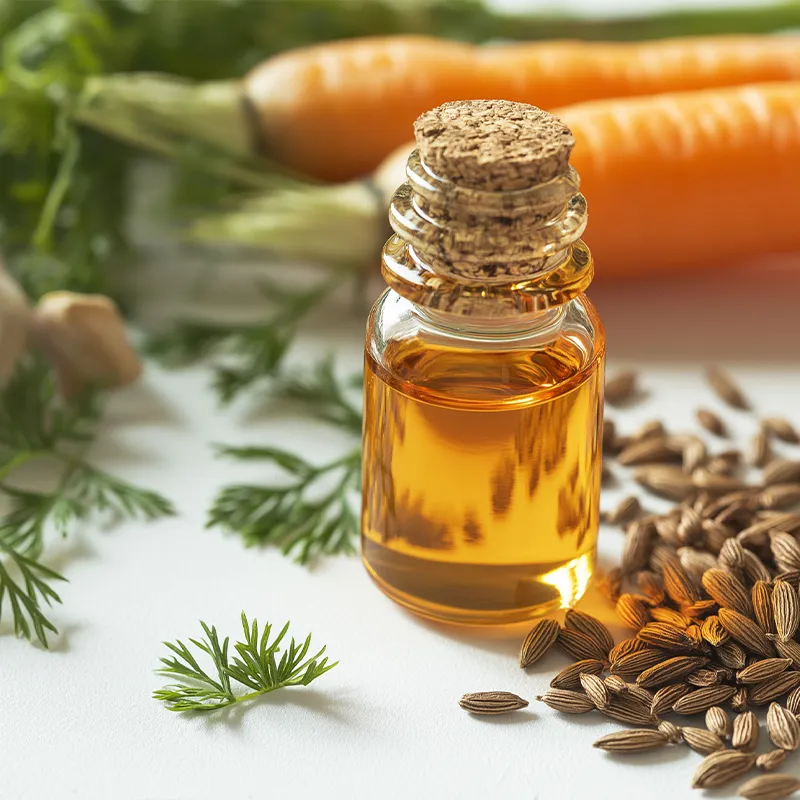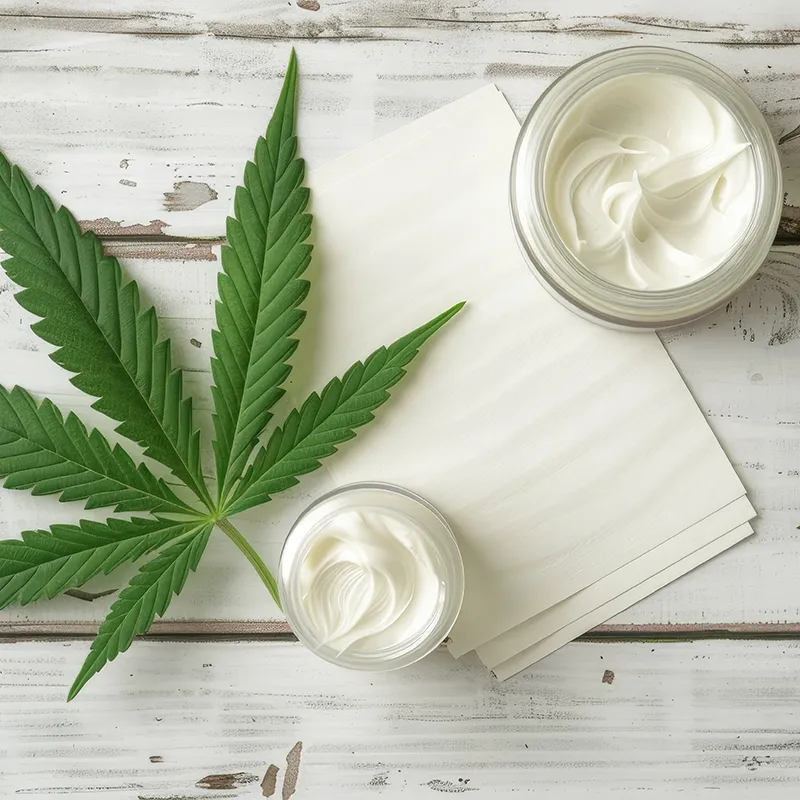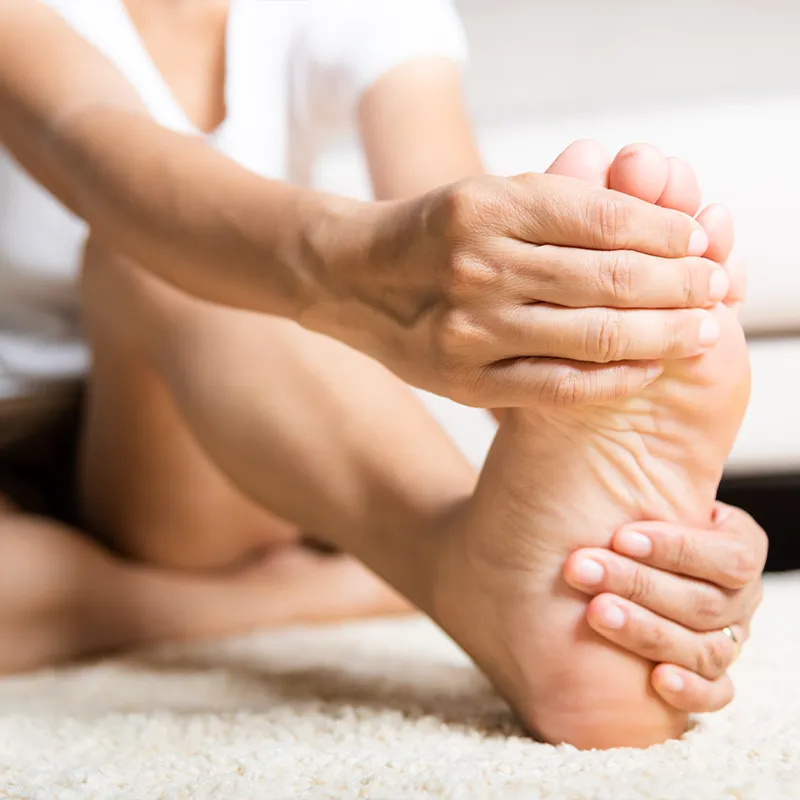CBD for Acne: Can CBD help to control acne?
Get the facts about CBD for acne, benefits and risks
Get the facts about CBD for acne, benefits and risks
Can CBD help reduce acne?
CBD can seem like an all-around miracle body cure for many issues and ailments such as acne and other skin conditions. There are many products available attesting to CBD oil’s benefits for skin, but what does the science say? CBD does indeed have anti-inflammatory and antimicrobial benefits, but are those enough to call it an acne cure?
CBD, or cannabidiol, is a naturally occurring compound in cannabis. It is one of over 100 compounds that can be found within cannabis with potential health benefits. From relieving pain, inflammation, seizures and anxiety, CBD has shown a wide variety of properties that can positively impact our lives. CBD oil is infused into hundreds of different types of products, from pills to edibles to cosmetics. But what are the real benefits of using CBD on your skin?
There is some reported evidence that CBD can be beneficial for your skin. Some users apply it to their skin directly through creams, lotions and oils while others use capsules or sprays to ingest it orally and provide a longer-term prevention. As you may be asking yourself, does it actually help?
CBD benefits different people in different ways. Some users report a major decrease in ailments like chronic pain, while others hardly notice a difference in pain after taking it. Some of this discrepancy may be due to how potent a product is and it may also be due to how much CBD is taken and for how long. CBD’s benefits are not always immediately noticeable. Like many prescription drugs, it should be taken for at least a few days to a couple weeks before a full determination can be made. Many things we introduce to our bodies require to build up and make verifiable changes to our bodies, and CBD is no different. We must understand how CBD and why CBD works within our bodies to get a better understanding of how to utilize it properly and give it the chance to work appropriately.
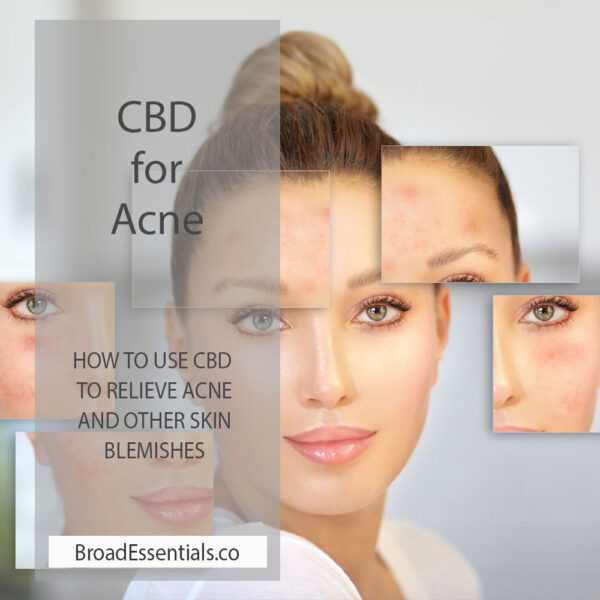
How does CBD work?
CBD works by interacting and binding with cannabinoid receptors within our bodies. These cannabinoid receptors, also called CB receptors, are part of our Endocannabinoid System, a system within our bodies that helps to regulate many things from mood and temperature to pain. There are 2 types of CB receptors. The CB1 receptors mainly interact with THC and are responsible for the euphoric or ‘high’ feeling associated with cannabis. The CB2 receptor, however, interacts with a larger array of cannabinoids, such as CBD, and does not produce the ‘high’, but rather allows the Endocannabinoid System to bind with CBD molecules. This sends signals throughout the body to help increase balance and maintain homeostasis. While CBD helps to maintain internal balance, answering whether it helps in our external areas is another story.
“CBD didn’t work for me.”
While CBD’s negative stigma is slowly fading, it is gaining another one… as a snake oil. Indeed it may be hard to believe that one compound is able to deliver the wide variety of benefits CBD is reported to help. This list of benefits grows anecdotally each year as we discover more potential benefits and ways to utilize CBD in our lives. Research does lag due to decades of prohibition on cannabis, so finding credible information can be difficult, especially when the information is provided by brands wanting to promote their own products. Countless reviews boast about the benefits that new users are finding hard to replicate in their own experiences. Some is due to the lack of understanding on how to use products as noted above.
What is acne and how does it form?
Acne is one of the most common skin conditions. Most of us have dealt with it at one point in our lives. If not, you are one of the lucky few. Our bodies produce a substance called sebum. Sebum is like a barrier that protects our skin from external conditions such as pollution and toxins. Sebum unfortunately can help to clog pores as well by mixing with many different things such as dead skin, dirt and toxins that can help to clog pores and produce inflamed protrusions we know as acne. There are many additional reasons we can get acne. Excess sebum production, hormones and genetics can all influence acne production as well as dietary conditions, stress levels and medications.
What does CBD do for skin?
CBD has several benefits that can help your skin. CBD has antimicrobial and antibacterial properties that can help defend your skin from infections brought about by external conditions. CBD also has anti-inflammatory benefits as well. It is these benefits that helped spark the notion that CBD may help some of the recurring skin conditions such as acne.
CBD benefits for skin include:
-
Skin Hydration
-
Helps control sebum production
-
Fighting microbial infections
-
Fighting bacterial infections
-
Reducing inflamed skin and cells
-
Reduce skin stress levels
-
Reducing skin sensitivity
Can CBD help acne?
A 2014 study on CBD’s effect on sebum production showed how CBD can help prevent sebocytes, the cells that create sebum, from over-producing the substance. CBD in this study, was able to help get the signal through to the sebocytes to stop producing sebum. In a cruel twist of fate, when we have oily skin, acne is able to prevent the signal from being transmitted to the sebocytes and our bodies keep producing sebum increasing the clogging of pores and producing more acne. CBD, in this case, is able to work around this issue and get the signal through, much like some carrier oils such as jojoba oil. Jojoba oil is actually a wax that most closely mimics sebum. By using jojoba on your skin, jojoba is able to help balance oily skin by sending the necessary signals to the sebocytes to stop producing sebum. This helps to reduce pore clogging. If oily skin is your issue, using jojoba oil with CBD may be a way to reduce the buildup.
For those who do not have oily skin, there are other ways CBD can help. The same 2014 study also found that CBD’s anti-inflammatory properties were able to prevent inflammatory cytokines from activating and inflaming cells. Cytokines are another way acne can be produced and reducing their inflammatory response can help reduce acne.
CBD, as noted above, also has antibacterial and antimicrobial benefits. A 2016 review highlighted these properties as having the potential to reduce the infections from dirt and other pollutants in the skin. Like CBD, Sebum creates a barrier from infections.
CBD can help your body internally and externally. The proliferation of topical products is a testament to this. With the ability to quickly find and spread information these days with the internet and social media, CBD would have been stopped cold if there was no basis for its use.
How to use CBD to reduce acne
Like many beneficial herbs and extracts, CBD, whether isolates or in an oil, requires something to carry it into the body. In topicals, carrier oils are used. Carrier oils have the ability to ‘carry’ other compounds through our skin and into our bodies. There it is able to do its work and bind with our Endocannabinoid System. Some of the best carrier oils to use with CBD on skin to help reduce pore clogging are:
- Jojoba Oil
- Grapeseed Oil
- Sweet Almond Oil
- Apricot Kernel Oil
- Hazelnut Oil
- Hemp Seed Oil
In addition to finding beneficial carrier oils, there are some to avoid as they can help exacerbate clogged pores. The carrier oils to avoid for acne prone skin are:
- Coconut oil
- Rosehip Oil
- Cocoa Butter
Essential Oils are also beneficial for acne prone skin and are commonly used within topicals and cosmetics for that purpose. Some of the best essential oils to use are:
Finding products with a good blend of the good carrier oils and essential oils are a great way to begin your journey to clearer skin. Orally ingested CBD products are also available, but the best results seem to have come from direct topical use on affected areas. CBD taken orally may help, but it is less of a spot treatment and more of an all-around protection that may have less impact on helping to reduce acne. We recommend reserving this method for other treatments such as muscle/joint pain and inflammation.
One last issue we need to address is how long to use a product before determining if it is working.
Any products you try, should be used for a predetermined amount of time. Of course, if any negative effects such as rashes, irritation or hives occur, discontinue use immediately. When you start a new topical regiment, it may take time for the product to have an effect. Do not add any additional products during this timeframe so you can ensure that it is the topical doing the work and not any other products you may have added to your regiment during that time. A regiment should be assessed for at least a few days to a couple weeks. Your body doesn’t change overnight so don’t expect to see results immediately. If after a couple weeks you still do not see any improvement, then it may be time to reassess the products itself,
There are several factors that can affect how well a CBD product works. CBD products are notorious for having varying levels of CBD. Checking a product’s test results can help ease your mind a bit. Look for current results that are less than a year old. Testing is expensive and many companies claim to have a strict testing regiment but only seem to display a single test, often very old. This can be concerning as it is supposed to be per batch and can indicate that a company has not sold as much as they may be leading you believe or are relying on older tests to account for newer batches. You should also check the actual test results of the CBD being used. If you are apt to be tested for cannabis use by your work, school or even state or federal agencies (not judging), then making sure there is no THC may be important to you. Isolates by definition are isolated compounds but again, uniformity is not always there. Look for current testing on the isolate as well to ensure you are not getting any compounds you want to avoid.
Does CBD help with other skin problems such as eczema or psoriasis?
CBD has also been used on other skin conditions like eczema and psoriasis. The antimicrobial, antibacterial and anti-inflammatory properties can have a positive impact on these conditions in much the same way as it helps acne. We will be posting articles soon and will be linking them here when they are available.
Key Takeaways
CBD has many benefits for your body and skin. Knowing what to look for in a product and how to use it effectively will increase your chances of a successful treatment for acne. Like prescription and over-the-counter medications, CBD products should be used for an extended period of time (a few days to a couple weeks), before ascertaining whether it was a success or failure. This time frame will allow you to reduce any chances of anomalies that may have occurred and determine if it was the product that was working or not. Even if one CBD product is not working, that does not mean they all won’t. Trial and error is the method used in this case until we have more clinical research to determine a regiment.

